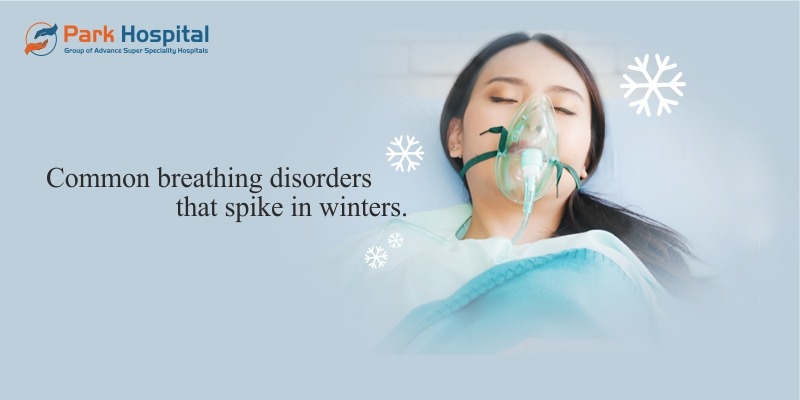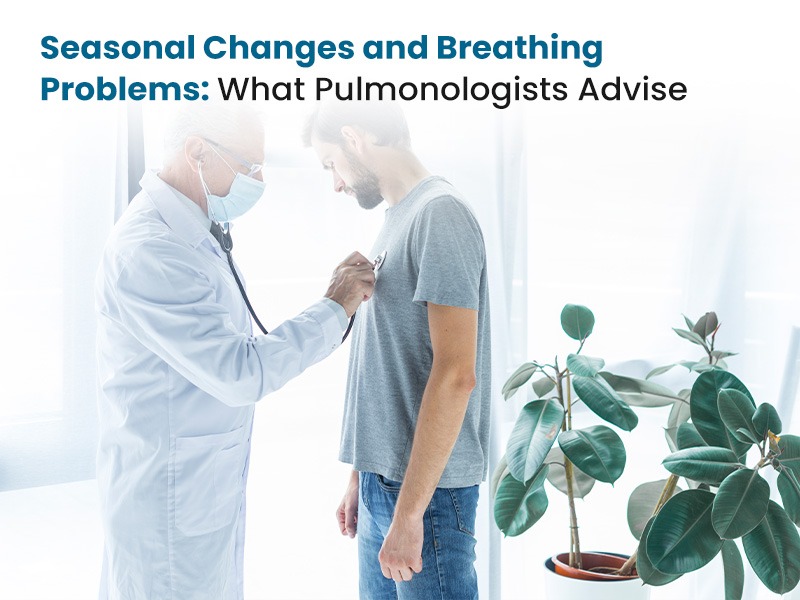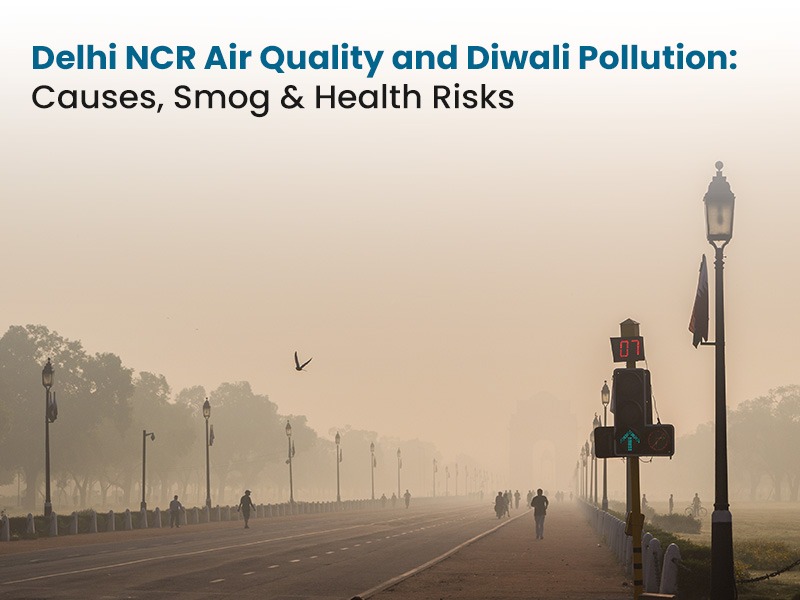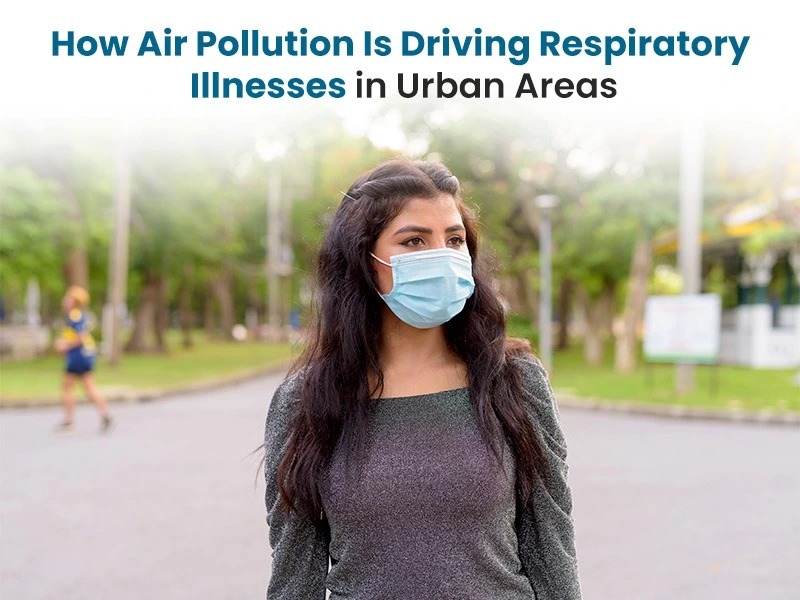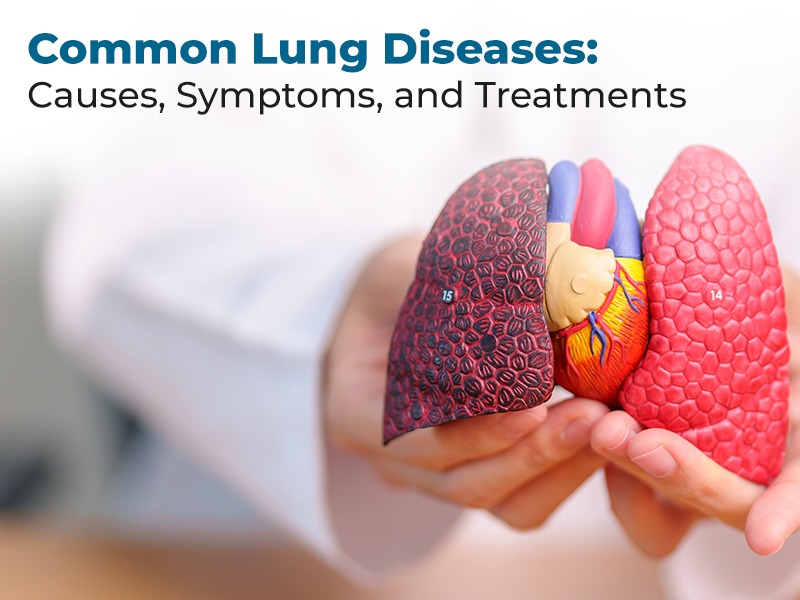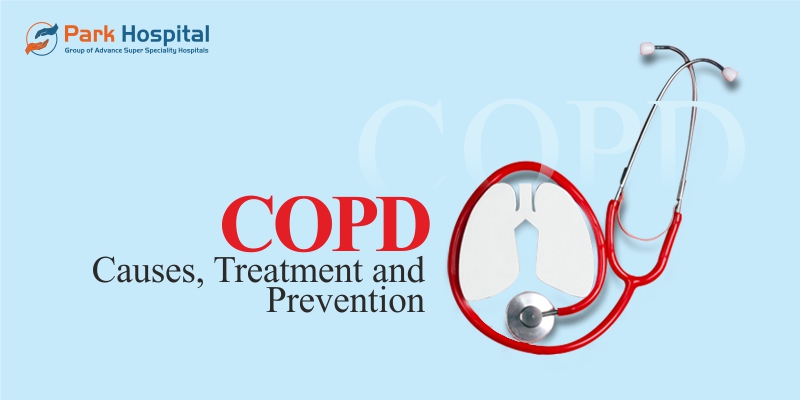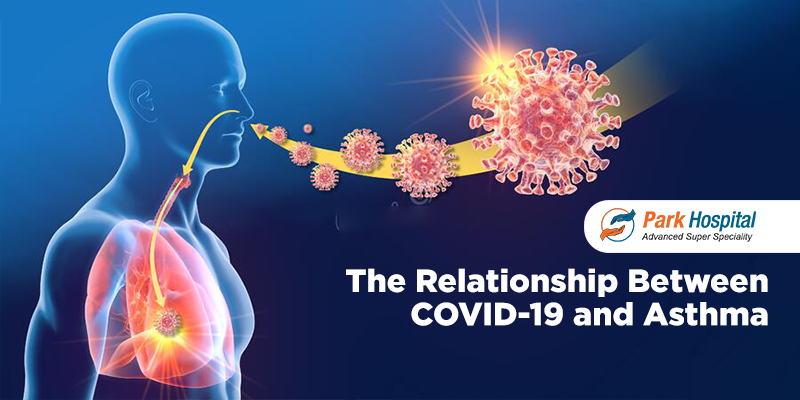Winters can be so harsh in Delhi, where temperatures sometimes go down to zero degrees. Not only is it cold, but the dryness in the air is also responsible for a lot of the discomfort that even healthy people struggle to cope with. On top of this add the problem of air quality. In Delhi, the smog is of great concern, PM 2.5 is of main concern which may reach to most distal airways.Pollen to add to the acute manifestation.
If you are someone already suffering from breathing disorders, then you might find that you need a pulmonologist to help relieve symptoms that are flaring up in the winter. All of you who find yourselves breathless after climbing a flight of stairs, or who are habitual smokers, may feel especially uncomfortable and want to consult a chest specialist about your condition.That will help you modify your medication and lifestyle and few precautions to fight through complications related to cold temperature.
The most common breathing disorders that flare up during winters
Chronic Obstructive Pulmonary Disease (COPD) is the group of lung diseases that involve an obstructed airflow to the lungs. The leading cause for COPD is smoking - nine out of ten cases of COPD are attributed to smoking and the particulate matter which are on higher side due to pollution. In winters, with reduced humidity, the lung’s airways can become even more constricted and cause greater difficulty in breathing.
Asthma involves the narrowing and the swelling of the lung’s airways accompanied by mucus. This causes laboured breathing that is usually known by its ‘whistling’ sound. Like COPD, asthma also worsens during winter and can cause significant difficulty in breathing.
ILD This
disease involve Interstitium and cause reduction in size of lung and winter can
be really difficult for them. But with proper guideline if your Pulmonologist
can make things smoother.
ABPA,
Bronciectasis, Pneumonia are few other things besides many other that can
complicate your breath.
What you can do to take care this winter
Often when we are indoors, we are insulated from the cold weather outside. These are some precautions that go a long way to protecting you from the dry and cold winters.
Wear a mask: By now everyone is accustomed to wearing a mask. N95 masks are usually what’s used in the market. However, most masks are ill-fitting and allow pollutants in and if they are too tight, people with existing lung conditions can find it very hard to breathe. There is some benefit in using N95 respirators that are easier for breathing and pollution mask brands like Respro that can be explored. However, you must be careful nonetheless as these masks do not safeguard you from all pollutants.
Cold air masks are specifically useful for breathing in cold dry weather. Even with no mask, use a scarf to cover your nose and throat while outside in the cold. It protects the nasal passage and airways from the dryness and cold temperatures.
Carry your inhalers: You will want to carry your bronchodilators/ inhalers if you are asthmatic or have some such breathing disorder, everywhere you go. It is also advised to use your inhaler 30 minutes before venturing outside. Consult your pulmonologist or chest specialist about your medications for existing breathing disorders, during winter.
Keep your body warm: There are various ways in which you can keep your body warm. The one obvious way is to wear warm clothes. It is always best to be dressed in layers so that you can easily adjust your clothing depending on the time of day or whether you move indoors/ outdoors. Another way to keep warm is to ensure you exercise and bring up your body temperature. Keeping active during winters is good for health in more ways than one.
Eat warming foods. The general rule of thumb is that foods that take longer to digest, help raise your body temperature. This includes bananas, red pumpkins, sweet potatoes and oats. Cooking with spices and adding ginger in tea are great ways to raise your body temperature.
Immunization- If this is done timely then this may help chronic respiratory cases to cope winter better without problem of dealing with infections.
The important thing to note is that if you are experiencing unexplainable shortness of breath, you need to see your Pulmonologist hat can check the underlying cause. This is usually a symptom that is not taken lightly by doctors and will need a check-up. These symptoms are to be monitored and taken care of individually and should visit a doctor.
Consulting a chest specialist
If you are
struggling to manage this winter, consider taking an appointment with a Pulmonologist.
Visiting a Pulmonologist
will help you manage your symptoms and ailments better on minimal treatment and
better lifestyle as suggested. The Park Hospitals has a Lungs Specialist
hospital in Delhi. You can also consult their chest specialist in
Gurgaon. The Park Hospitals
also have a specialist team of pulmonologists
in Behror, Rajasthan. You can book
an appointment online, choosing the location closest to you.

